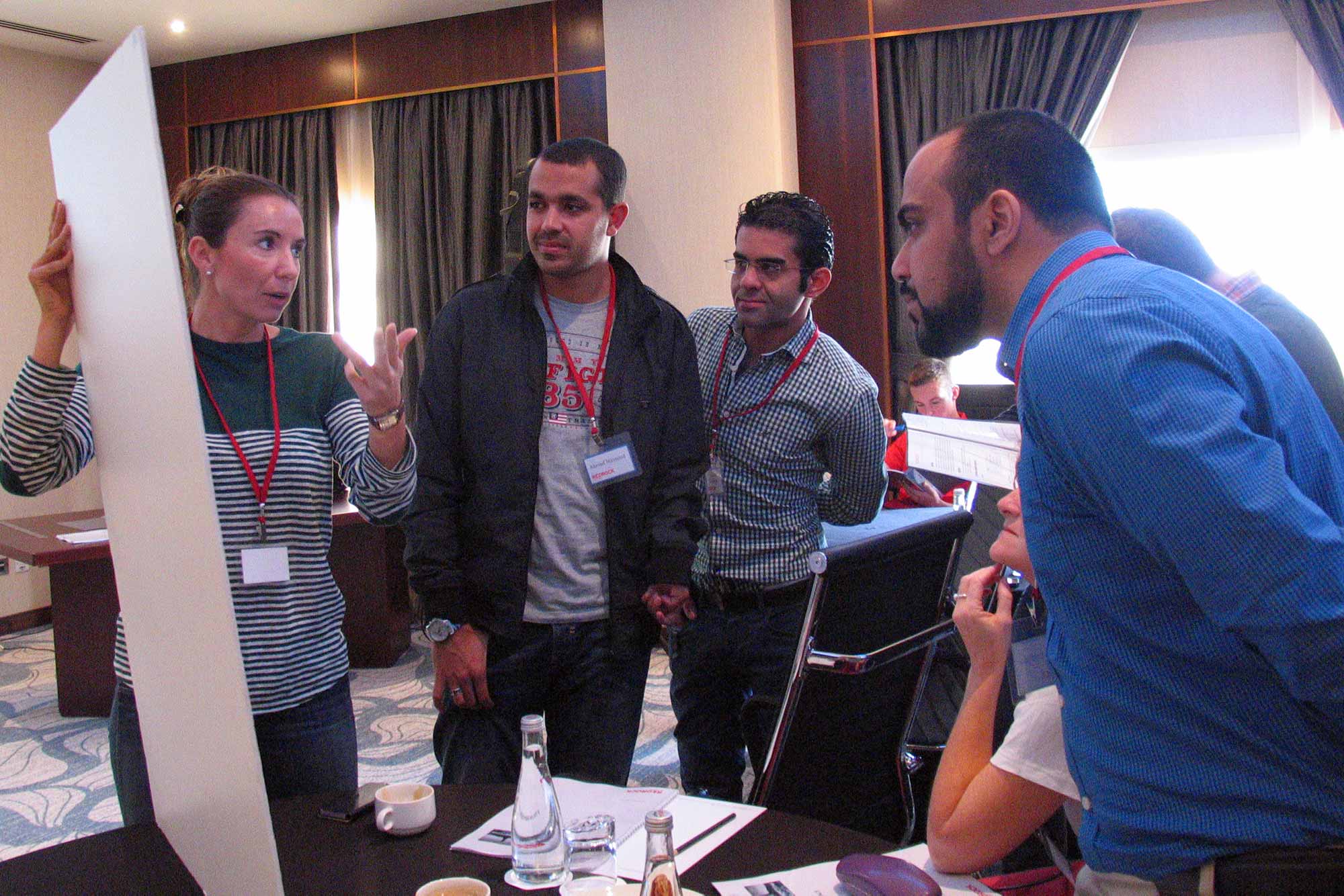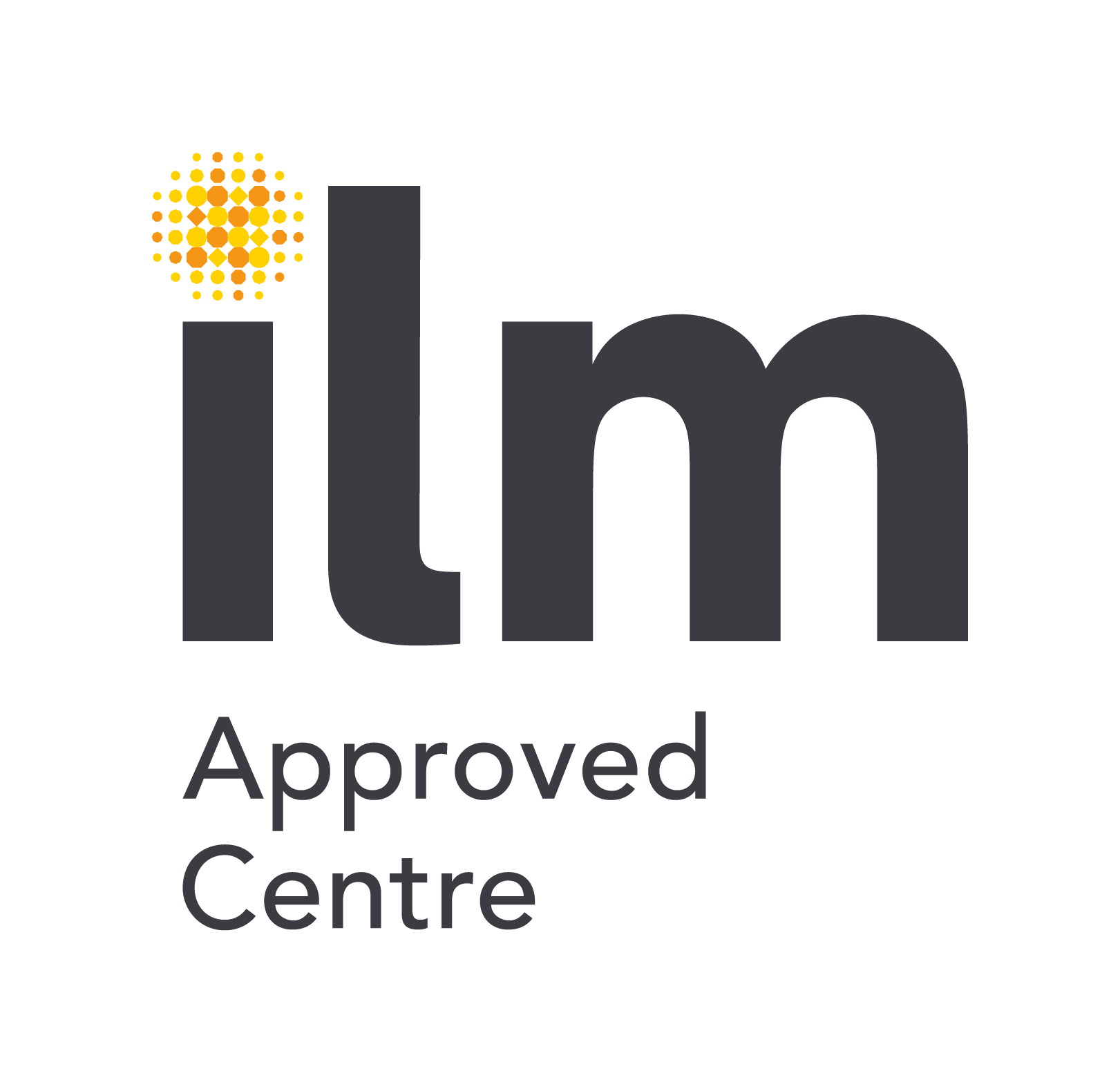Overview
Knowing how to plan and allocate work in the workplace is an essential skill for any leader. In this module, participants will learn how to identify organisational targets relevant to their team and set SMART objectives. Monitoring and controlling planned activities by identifying the resources required and allocating work to team members is also covered. Practical techniques that explain how to assess and support team performance are given and participants will gain understanding of how to improve the performance of a team in delivering to plan. The opportunity to reflect on the factors that could cause a variance from plan is given as well as methods to involve the team in overcoming these.
Learning objectives
Following the completion of the course and assignment, the leader will be able to:
- Know how to plan work in the workplace
- Identify organisational targets relevant to the team
- Set SMART objectives for the team to achieve the targets
- Use a technique to plan to achieve the objectives
- Explain how to monitor and control a planned activity
- Identify resources required to complete a planned activity
- Explain how to allocate work to team members
- Explain how to assess and support team performance in achieving objectives
- Identify a possible cause of variance from a planned activity
- Identify actions to overcome causes of variance
- Explain how to involve team members in identifying ways to improve performance to meet objectives
Course content
Day 1
A series of exercises are used to demonstrate and allow practice in applying planning skills in different workplace situations.
Day 2
The second half of the day has an extended experiential exercise so that new concepts can be applied in a simulated business planning scenario. Peer and instructor coaching is used to ensure the tools and concepts are being applied effectively.





